
Reading Rooms, Studio 6, Dartington 2009 – installation of propellers collaborative book Five Rooms. propeller a performance research group worked together for over a decade and were Emma Bush, Pete Harrison, Neil Callaghan, Augusto Corrieri and Tim Vize-Martin. Photo credit: Lara Lloyd
In January 2022, a new MA course – Reimagining Performance Practice – will begin at Dartington Arts School. As someone who studied performance at Dartington, this feels like an exciting moment – a moment of cyclical return that is welcome and important. I absorbed my studies there with great love and curiosity and the people, ideas, and processes I met there continue to play an active and vital role in my personal life and my arts practice. Dartington with its studios, gardens, multiple histories, and ghosts is an incredible place to encounter ideas, build relationships and develop trust in the process of making and I am happy that future students will have the opportunity to practice learning at this site.
Over the past year I have been involved with teaching on the MA Poetics of Imagination, one of the other new programmes at the Arts School. This has been an illuminating, challenging and inspiring journey. I have met a large pack of mature, wildly intelligent, motivated, expressive, national, and international students ready to deepen their understanding and experience of what story is, and can be, in the world.
Now, I am lightly involved in the new Performance MA, entering into dialogue with potential students and leading walking tours with exercises in sensory orientation and perception. This leads me through many layers of memory, and I find myself telling stories that contain a moment, or a trace, of a performance I saw in this studio or pathway or doorway. As I anticipate the arrival of this new era of performance at Dartington I reflect on the importance of small-scale experimental arts education and the powerful impact it offers – especially as it moves against the harsh tide of funding cuts in arts education and the closure of many ‘creative’ courses. I was lucky to experience the sheltered environment offered at Dartington, the opportunity to explore, take risks, make mistakes and receive valuable feedback from peers and tutors.
This week I will host a Live Chat with Tracey Warr to discuss the shape and content of the new Performance MA. If you are a curious prospective student, come along on Thursday 22 July 4pm. Reimagining Performance Practice is an integrative, experimental transdisciplinary programme for anyone working in the field of performance who is excited to reimagine performance and performative public engagement for the coming decades. This will be a chance to ask questions about the programme and place, in a low-key informal setting. Book via this link.
The following week – Tuesday 27 July 11am–1pm – I will lead a Walking Tour and chat at Dartington for prospective MA students. Book for the tour via this link.
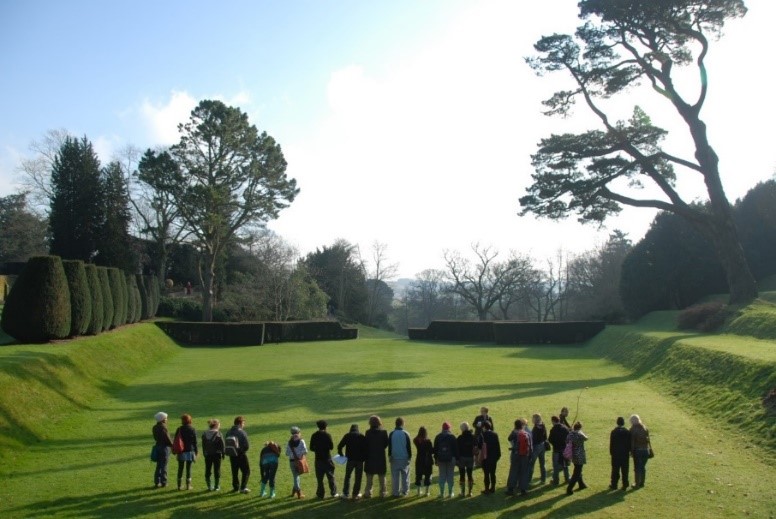
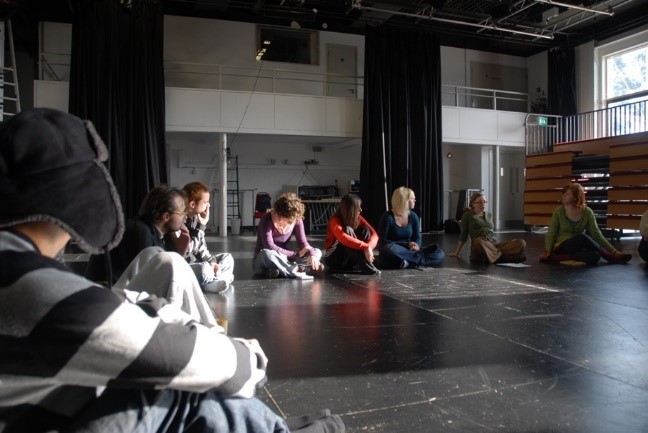
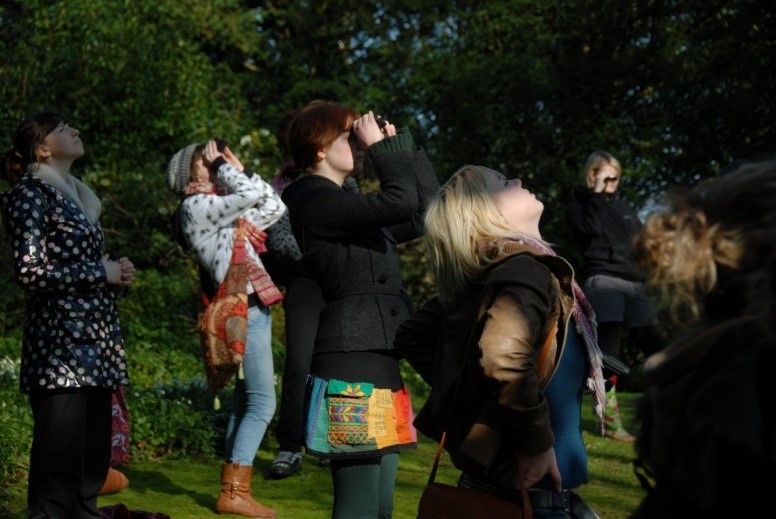
Teaching with Pete Harrison at Dartington College of Arts, BA Theatre Contemporary Devising, 2008
Photo Credits: Grace Gelder.
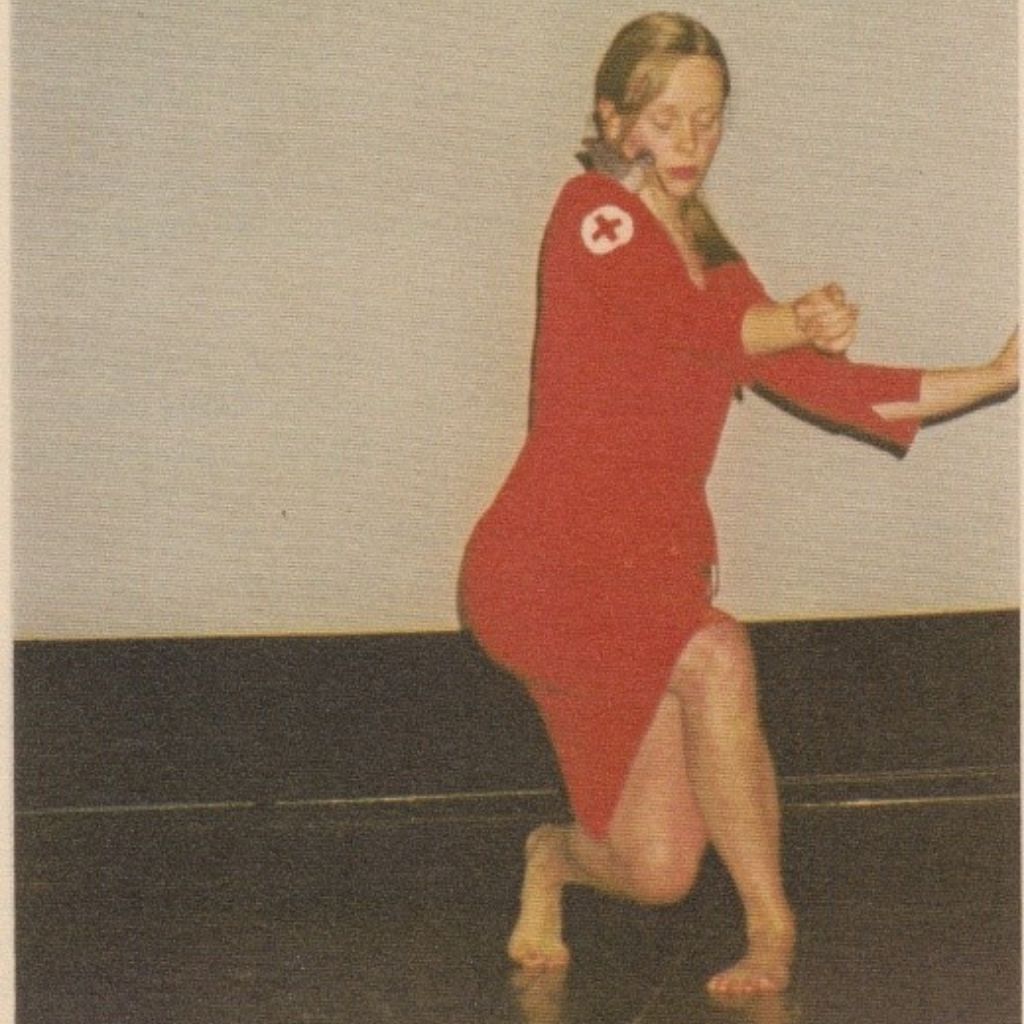
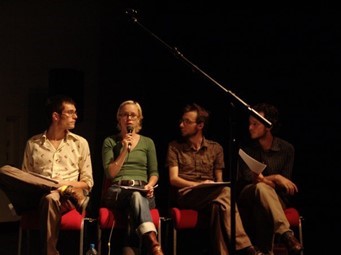
Left: Solo Show, can I stay a while and say nothing, 2003, Dartington.
Above: propeller, we are the rivers we swim through, performance lecture, 2005, Dartington.
The text included below was written by myself and my long-term collaborator and friend Mary Loveday about our experience of studying at Dartington. This was published in October 2018 for a special issue of Theatre, Dance and Performance Training.
Collaboration: setting the limits for the empty page
When we think about what our time there gave us, the greatest gift is a group of friends who are also our teachers (inspirational, essential, intellectual, funny, practical, faltering, failing and growing). We ended up collaborating and living with individuals who were openly curious, trusting, experiencing people, living like an open conduit through which ideas could flow. Everyone was jumbled together on campus, sometimes with the teaching accommodation there as well, and it felt like you were being brought up as an artist in the village and this village served us well.
Two things that Dartington staff and alumni share, which makes them recognisable, are generosity and bravery. Generosity of spirit: encapsulated in the fact that tutors would come and spend hours watching shows by students they weren’t even teaching, just because they were interested. The time everybody gave in thinking and critiquing. We were required to go out beyond the institution, given freedom to explore, to make errors, to embrace very open learning – and that fosters bravery in the explorer.
We learned through making and the extraordinary act of collaboration. We learned with low-fi, low-budget, DIY methods which we came to value and love as part of the ethic and aesthetic of the work. In a world where there is so much poverty, inequity and waste it seems that a practice which encourages resourcefulness, recycling and shared ownership is valuable in multiple ways. We learned to make non-linear story lines; to see the gesture of a hand falling like a leaf through air as a story. Embedded in this practice was an essential multiplicity: a daffodil becoming a phone, becoming a friend, nodding its head, becoming a daffodil; 15 performers fixing their gaze on a coke bottle for 15 minutes, contaminated diversity, visual rhymes, composition, repetition, lists, Goat Island, Lone Twin, Forced Entertainment, all the people. We learned to use arbitrary limitations as a prompt and a safety net which were then tested in the studio, the games, the one-minute solos, the walks, the writings. We felt a belief in the value of the work, the community, the group, the warm-up, the legacy of rural histories particular to this place. We learned that a crucial element of the practice is allowing enough room to make discoveries together, to discover what it is that we are making by making it (Goat Island).
It’s like bird watching, or dreaming, or bird dreaming, where you have a desire to see birds, maybe even a particular bird, and all you can do is go to where birds might like it and make a space in your consciousness where you will notice birds, and maybe even drop a wishing dream for birds into the ether, and then you wait. While you wait you might do some actions, some activities, that allow you not to hold on too tight to your preconceptions of what you might see; or that free up your mind or whatever part of your body you are thinking with so that it is loose and able to notice birds when they appear; or you might do something that encourages patience or patterning or attention. Aligning impulses in some sort of order to create conditions for something to come into your head, or indeed whatever part of your body you are doing your thinking with at the time. It is a process in which perhaps a kind of mystery occurs, and this process involves a great deal of trust.
In any case you create conditions for ideas, rather than being able to create an idea itself: making an empty space – to walk into an empty space and know that we will come out with something new, because as devisers that is what we do.
What Dartington didn’t adequately prepare us for was the realisation that the rest of the world was so completely out of step with its aims and ethos. Once we stepped out of it we would be out of step with a world for which time was a commodity and in which ideas are only useful if they can be turned into a commodity. We learnt that space, time, collaboration and ideas are important things in and of themselves, not for how much revenue they bring.
We remember being encouraged to make mistakes and finding out that sometimes an idea you don’t like or ‘get’ can become something you love if you step inside it and try it out, move with it. We learned that writing or devising is like a muscle; when you are stuck or out of ‘practice’ you need to make a space, stretch those muscles, and begin. Perhaps it doesn’t matter what comes out. Perhaps the important thing is to take it lightly and wait.
…
I recommend spending time with the full journal – it contains many thoughtful pieces by Dartington alumni, staff and visiting artists reflecting on training, de-schooling, practice as research, and collaboration:
Theatre, Dance and Performance Training. Training Places: Dartington College of Arts: Routledge, Taylor and Francis Group. (2018) Edited by Simon Murray, Libby Worth, Bryan Brown and Dick Mc Caw.
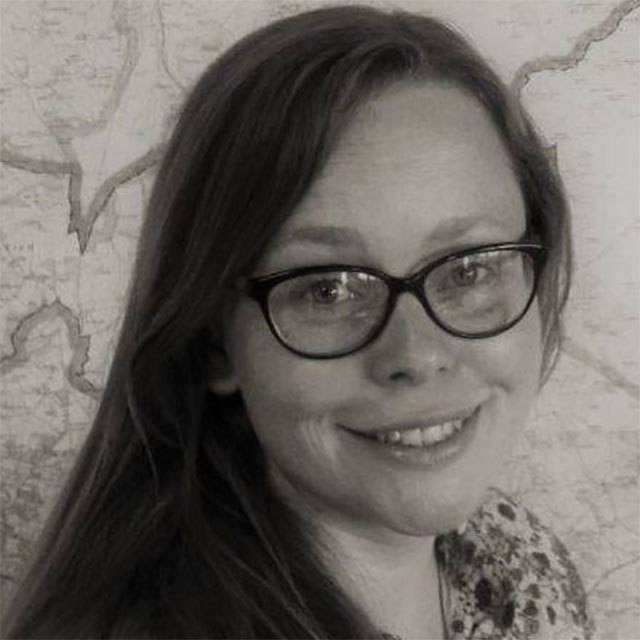
Emma Bush
Emma Bush is Associate Lecturer for our Poetics of Imagination and Reimaginging Performance Practice courses. She works in the field of art and ecology, making performance, site-specific walks, writing and workshops.
Her practice maps processes of exchange between ourselves and others, including animals, weather systems, oceans, forests, villages, cities, countries. Her work makes spaces for interdisciplinary dialogue through a series of small-scale research gatherings with a low-key intimate atmosphere that encourages reciprocal learning and teaching. She studied BA Theatre and MA Art and Ecology at Dartington College of Arts. Emma is also a Doctoral Teaching Assistant at the University of Plymouth where she is working on a PhD.
